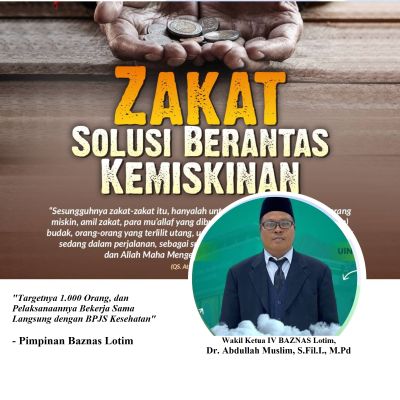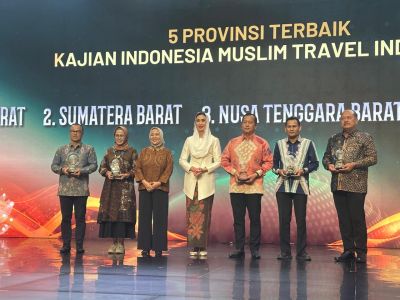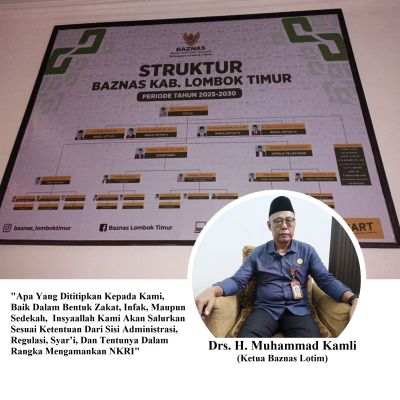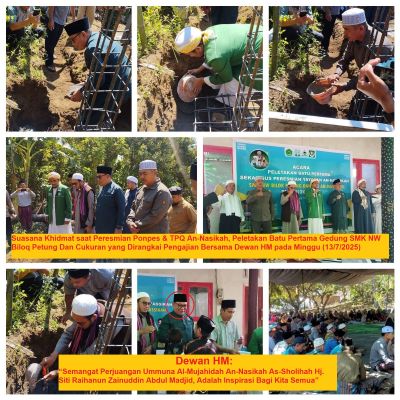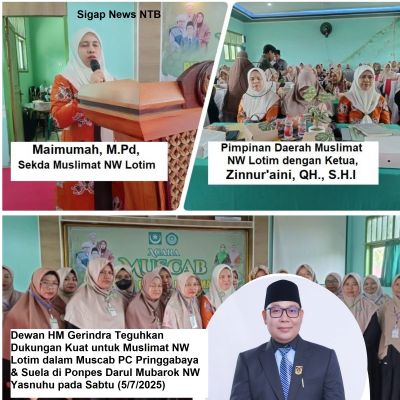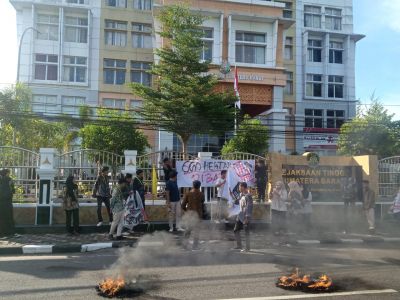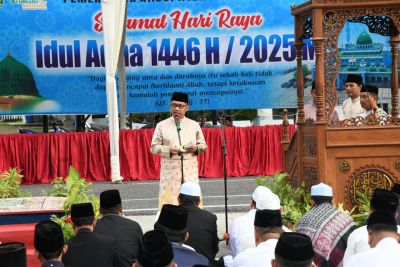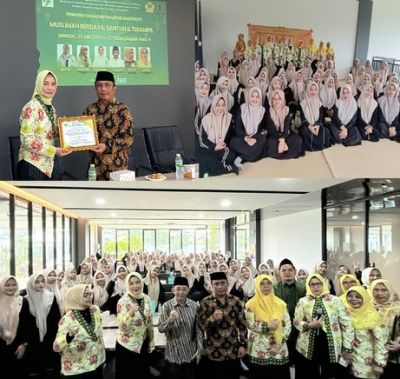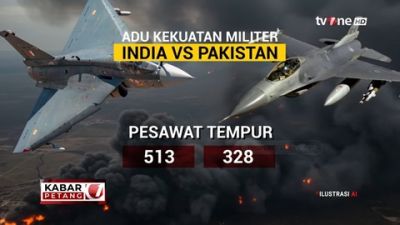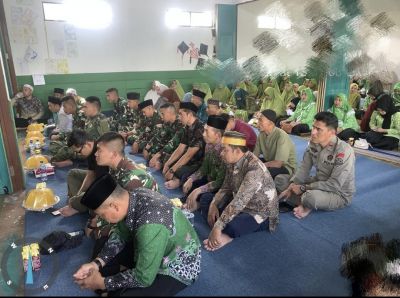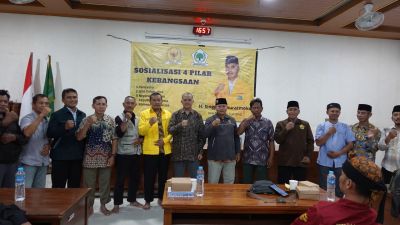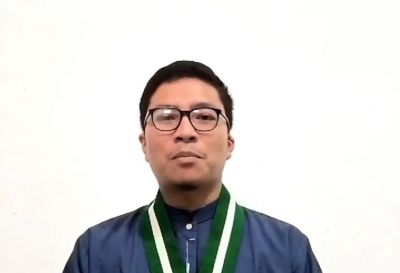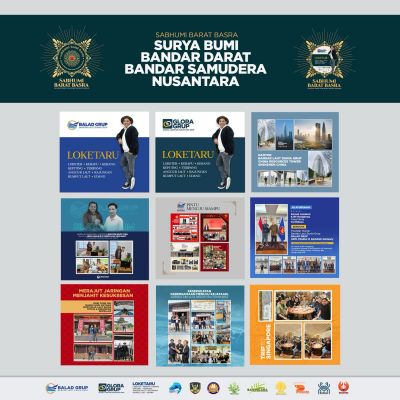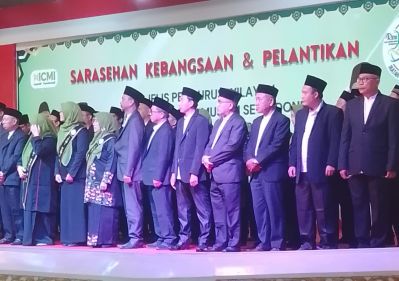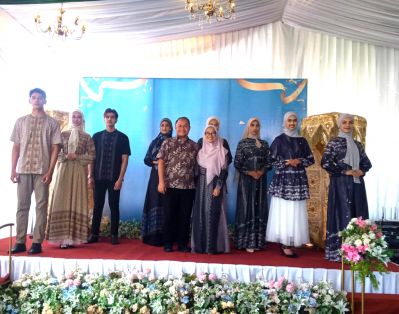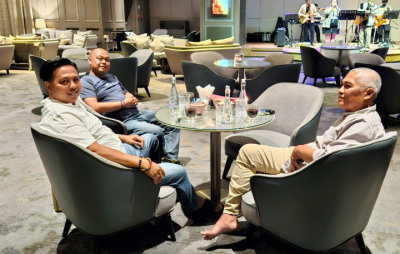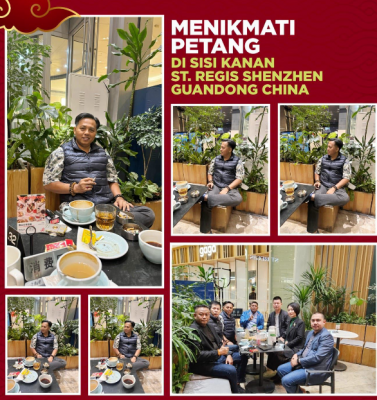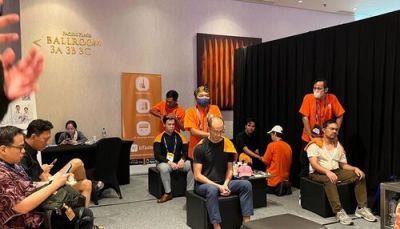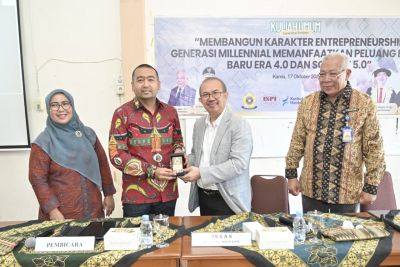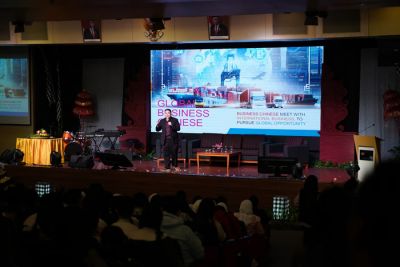Chinese Muslim Community Seen as Global “Civilisation Bridge”
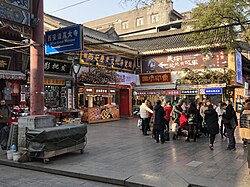
Xi'an Muslim Quarter
JAKARTA — The Chairman of the Islamic Organisations Friendship Council (LPOI), Said Aqil Sirodj, said in a statement on Thursday that the Muslim community in China has substantial potential to become a “connecting bridge” between global civilisations. He made the remark in Jakarta while discussing wider intercultural and technological shifts.
“China’s advancing in technology, social and cultural domains with a Muslim community spread across its provinces can play a crucial role in bridging the world’s civilisations,” Mr Sirodj said in the interview, according to the Indonesian news agency Antara News.
He argued that the presence of Muslims in China offers a unique vantage for fostering dialogue: “Chinese Muslims might serve as a conduit between Islamic values and modern global society,” he said.
Mr Sirodj noted that China’s rising influence economically, socially and culturally combined with the geographic and ethnic diversity of its Muslim communities, provides a strategic platform for such mediation.
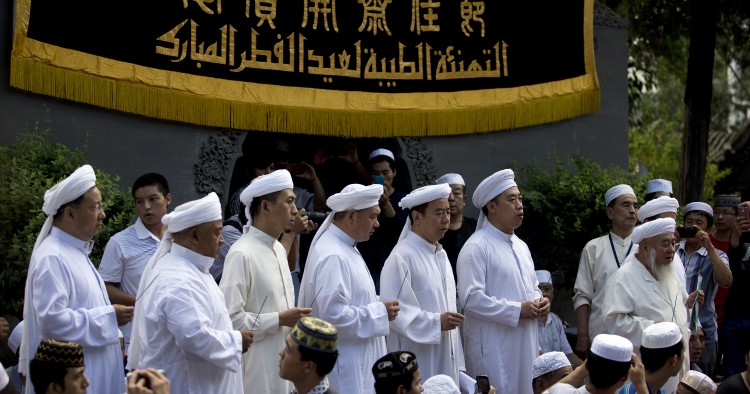
According to the Antara report, China hosts millions of Muslims, including the Hui and Uyghur ethnic groups, scattered across regions such as Xinjiang, Ningxia, Gansu and Yunnan. The report adds that these communities are increasingly visible within China’s evolving socio-cultural landscape.
Mr Sirodj emphasised that this bridging role is not simply about hardware or infrastructure, but about values: “It’s about connecting meaningfully across cultures where identity and modernity don’t conflict, but reinforce each other,” he said.
He further suggested that Chinese Muslims could model how religious tradition and modern development co-exist.
Analysts of intercivilisational relations say that Outlooks like Mr Sirodj’s reflect a broader trend: as China deepens its global reach, faith communities within it may play more significant roles in cultural diplomacy and soft power.
At the same time, challenges remain including international concerns over religious freedom and minority rights in some Chinese regions.
In the global context, the potential of China’s Muslim community may become part of a larger narrative about inclusive globalisation and civilisational dialogue, rather than narrow geopolitical competition.
Whether this potential will be realised depends on how China’s internal policies evolve, and how global partners respond.
Editor :Farros
Source : Antara News, Pew Research Center, New Lines Magazine
